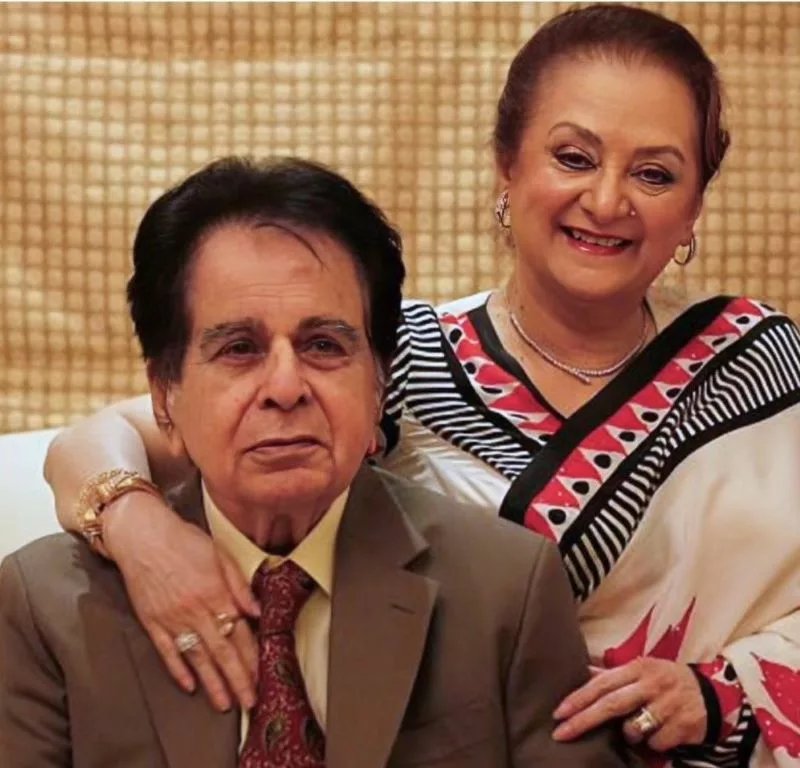
Bollywood actress Saira Banu on Sunday revealed that late superstar Dilip Kumar suffered from ‘severe insomnia’. Saira Banu made the revelation on an Instagram note written to mark the screen legend’s third death anniversary.
She wrote: “You see, Sahib was the greatest actor of all time. He had absolutely everything at his disposal, yet not many people know that he suffered from severe insomnia.” Banu said before they were married, Kumar could not sleep until dawn even after taking pills.
“Before our marriage, even after taking pills, he would remain awake until dawn. However, once we got married and became indispensable to each other, he started sleeping just in time,” she wrote on Instagram.
She concluded her note by saying: “Dilip Sahib is forever….May Allah keep him in his love and blessings…Aameen!”
Born as Muhammad Yusuf Khan on 11 December 1922, Dilip Kumar dominated the Indian cinema from late 1940s through the 60s.
In a career spanning over five decades, Kumar worked in less than 60 films in a variety of roles.
He debuted as an actor in the film Jwar Bhata (1944), produced by Bombay Talkies.
Following a series of unsuccessful ventures, he had his first box office hit in Jugnu (1947).
Kumar found further success with the romantic drama Andaz (1949), the swashbuckling Aan (1952), the social drama Daag (1952), the actioner Insaniyat (1955), the comical Azaad (1955), the romantic social Naya Daur (1957), the noir mystery Madhumati (1958), the social drama Paigham (1959), the action adventure Kohinoor (1960), the epic historical Mughal-E-Azam (1960), the crime drama Gunga Jumna (1961), and the comedy drama Ram Aur Shyam (1967).
All three Andaz, Aan and Naya Daur briefly became the highest-grossing Indian films up to that point, a feat later achieved by Mughal-e-Azam, which sustained the record for 15 years.


